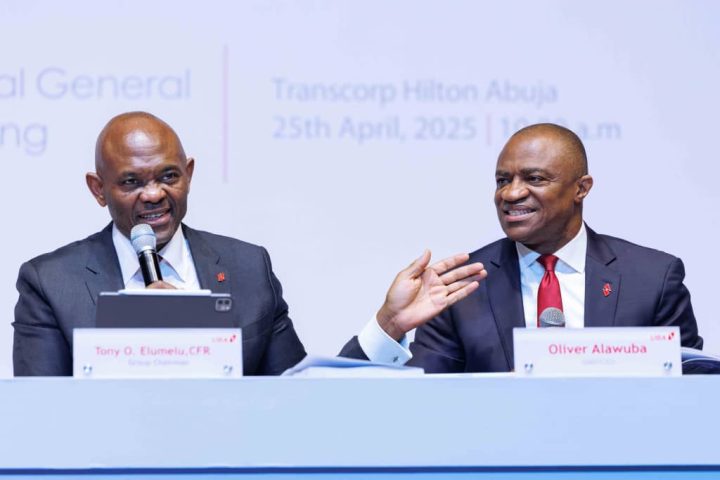Nigeria’s debt has surged to N111.4tn following substantial borrowings in the first quarter of 2024.
The Federal Government has tapped into various sources, both domestic and international, to shore up its financial gaps, marking a significant increase from N87.3tn recorded in December 2023.
Join our WhatsApp ChannelIn a bid to address the N9.18tn deficit in its 2024 budget, the government borrowed over N7tn locally through fixed-income instruments, including Treasury Bills, FGN Bonds, and Savings Bonds. This move was prompted by exchange rate fluctuations and economic challenges experienced earlier in the year.
Additionally, Nigeria secured a syndicated US$3.3bn crude oil prepayment facility from the African Export-Import Bank in January. This facility, sponsored by the Nigerian National Petroleum Company Limited, is expected to bolster the country’s financial position, albeit with associated debt obligations.
However, concerns loom over the sustainability of Nigeria’s borrowing spree. Economic experts warn that without prudent fiscal management, the borrowed funds could exacerbate existing economic challenges, such as high inflation and unemployment.
READ ALSO: Nigeria’s Debt Crisis Deepens With 183% Debt Service To Revenue Ratio
The World Bank and the International Monetary Fund have raised alarms over Nigeria’s rising debt-to-revenue ratio, indicating a potential debt servicing burden on the nation’s budget.
Professor Bongo Adi from the Lagos Business School emphasizes the need for responsible spending of borrowed funds to avoid worsening economic adversity. He underscores the importance of addressing revenue leakage and enhancing tax collection mechanisms to mitigate the risk of debt becoming an overwhelming burden.
Tajudeen Ibrahim, Director of Research and Strategy at Chapel Hill Denham, acknowledges the historic trend of accelerated borrowing in the early months of the year. However, he warns that if this borrowing momentum continues unchecked, it could lead to significant concerns in the coming quarters.
As Nigeria navigates its debt landscape, balancing the need for financial injections with sustainable debt management strategies becomes paramount. With projections indicating a slowdown in borrowing for the rest of the year, policymakers face the challenge of steering the economy towards a path of stability and growth while managing the mounting debt burden.
Emmanuel Ochayi is a journalist. He is a graduate of the University of Lagos, School of first choice and the nations pride. Emmanuel is keen on exploring writing angles in different areas, including Business, climate change, politics, Education, and others.
- Emmanuel Ochayihttps://www.primebusiness.africa/author/ochayi/
- Emmanuel Ochayihttps://www.primebusiness.africa/author/ochayi/
- Emmanuel Ochayihttps://www.primebusiness.africa/author/ochayi/
- Emmanuel Ochayihttps://www.primebusiness.africa/author/ochayi/















![Trump, Zelenskyy Discuss Peace Plans During Pope Francis’ Funeral In Rome [VIDEO]](https://www.primebusiness.africa/wp-content/uploads/2025/04/Trump-and-Zelenksy-meet-at-Pope-Francis-Burial-150x150.jpeg)



Follow Us